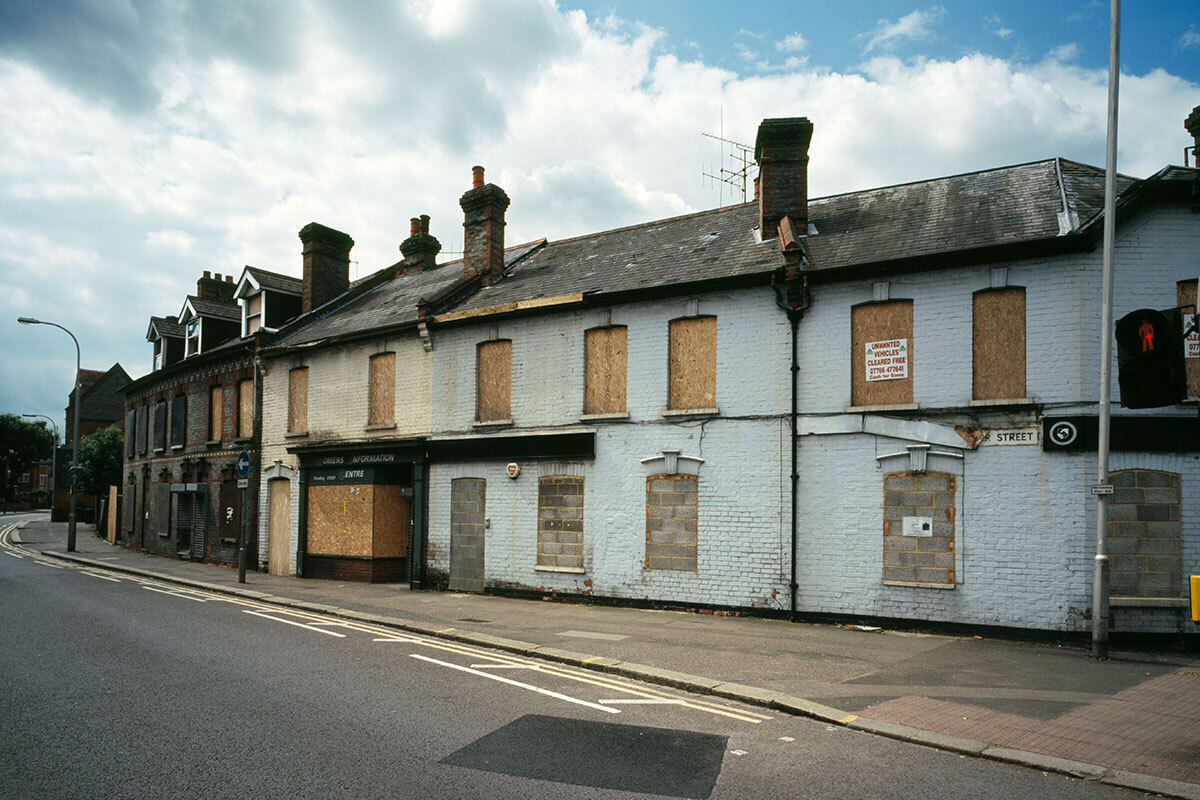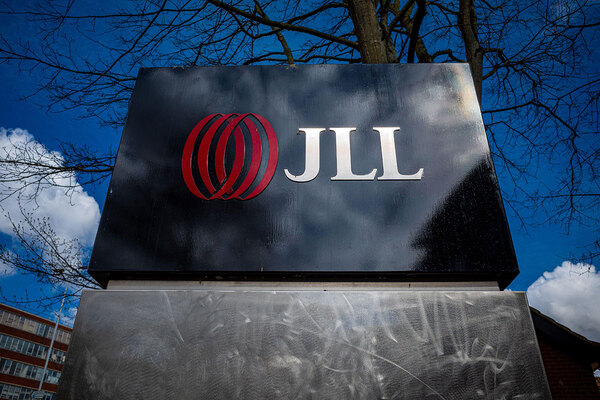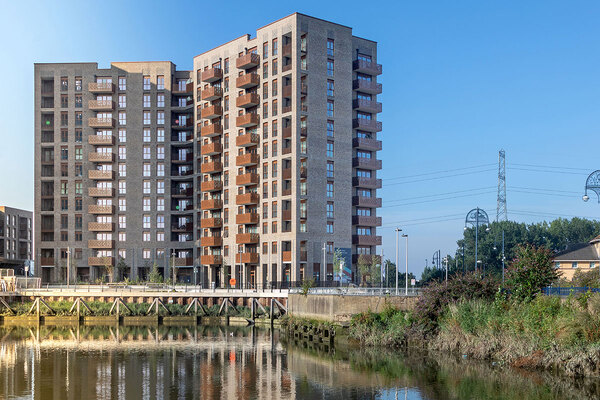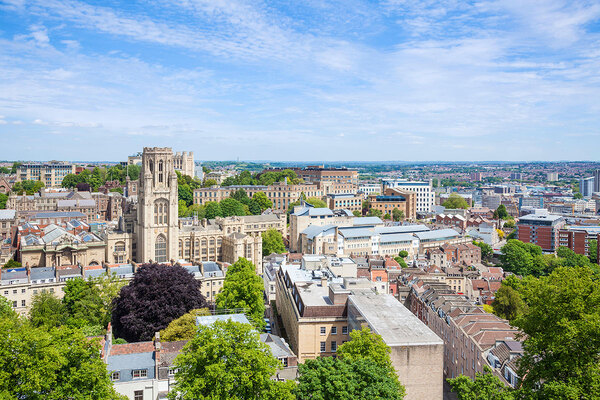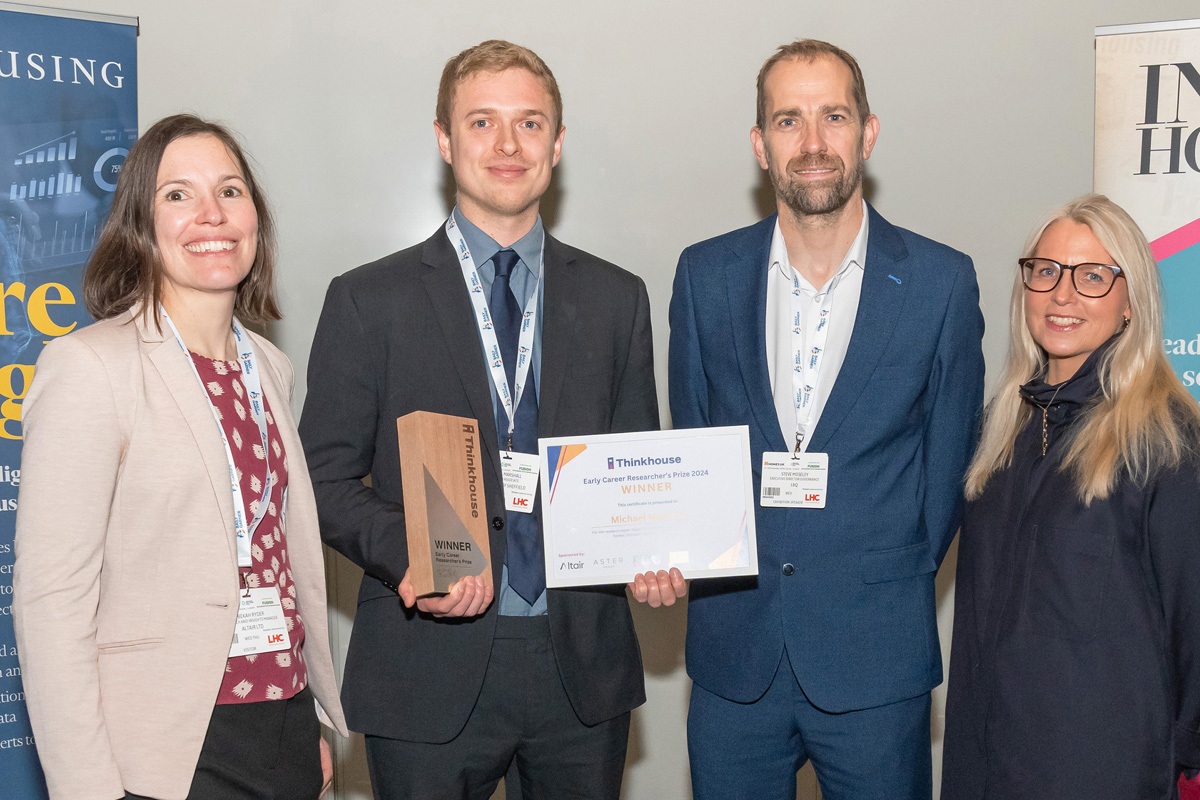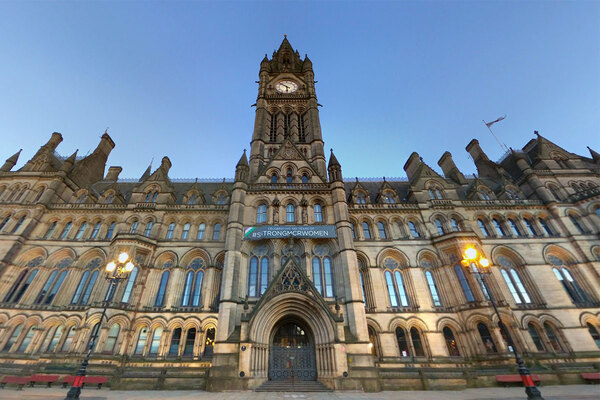You are viewing 1 of your 1 free articles
New ‘community right to buy’ could transform empty homes to social housing, researchers say
Social landlords and community housing groups should be given improved powers to buy empty or poor-quality homes, according to new research.
The proposal by the New Economics Foundation (NEF) includes giving landlords more powers to buy empty or poor-quality homes and turn them into social housing.
Researchers believe that this ‘community right to buy’ would “regenerate deprived areas and prevent absentee landlords from sucking wealth out of local areas”.
Social landlords should also be given the right of first refusal to buy homes in their local area when a property becomes available for sale.
The NEF said its proposal would allow councils, housing associations and community-led organisations to take control of poor-quality housing in deprived areas and rent it out for below-market rents.
In July it was revealed that the Department for Levelling Up, Housing and Communities (DLUHC) had handed back hundreds of millions of pounds budgeted for 2022-23, including money from the Affordable Homes Programme (AHP).
A follow-up analysis by the Chartered Institute of Housing (CIH) estimated that money could have funded around 5,000 new affordable homes.
In its research, the NEF also pointed to DLUHC’s statistics on empty homes. Between 2015, when the Empty Homes Programme was scrapped, and 2022 the number of empty homes in England rose by 22% – and as of October 2022 there were 250,000 long-term empty properties.
The charity said these figures highlight how empty homes are a blight on local communities as they are a missed opportunity to address homelessness, contribute to a feeling of decline in local communities, and depress house prices.
Introducing ‘community right to buy’ would therefore help regenerate local communities, and reduce homelessness as residents would have access to higher-quality, more affordable homes.
Previous NEF research has highlighted how meeting social housing need in England through new builds needs to be done alongside repurposing private rented sector (PRS) housing.
Other proposals include stopping landlords from selling homes on the open market that are sub-standard. If they do, the NEF said that only local authorities should be allowed to buy them.
Alex Diner, senior researcher at the NEF, said: “It doesn’t make sense to have thousands of homes sitting empty when we’re in the middle of a housing crisis.
“Rather than allowing homes to be bought up by private, often absentee landlords, local councils and communities should be able to take back these homes for the benefit of local people. The community right to buy would empower local people to regenerate their own neighbourhoods.”
Mr Diner said that repurposing the money from DLUHC’s underspend would give communities the financial muscle to compete against PRS landlords “who extract wealth from these communities rather than investing in them”.
At the same time, a national housing conversion fund could be set up to resource a wholesale acquisitions programme. The NEF believes a significant chunk of this fund should be reserved for community-led organisations that buy empty homes, renovate them and let them out for below market rents.
Martin Newman, co-founder of Giroscope, a community-led housing organisation in Hull, said: “This report is very timely and contains some great ideas for how we can support the community housing sector to grow and play a greater role in fixing the housing crisis.
“The community right to buy builds on the success of the Empty Homes Programme and would give grassroots housing organisations, particularly those just starting out, a huge boost and give them the tools they need to compete with buy-to-let landlords.”
Sign up for our daily newsletter
Already have an account? Click here to manage your newsletters
